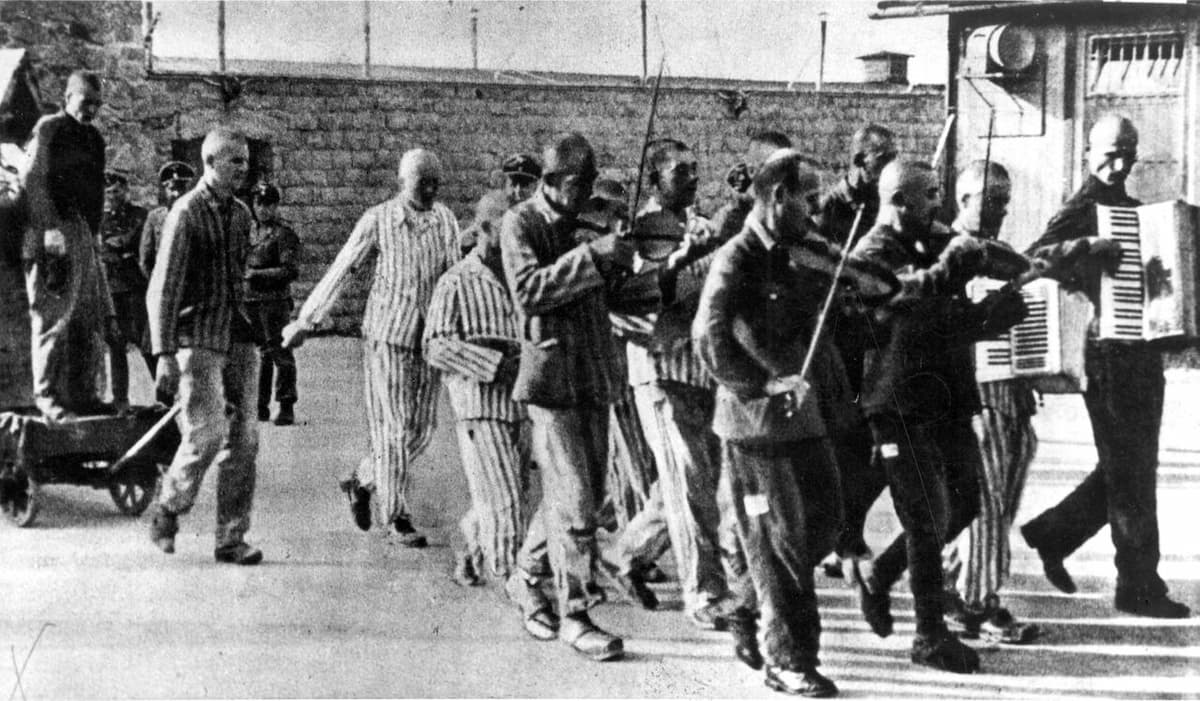
Concentration camp orchestras
The impact of the loss of life under the Nazi regime was incalculable. One of the only ways we can begin to comprehend the scale of the destruction is by looking at the impact that the Holocaust had on individual lives. Today we’re paying tribute to five composers who died in the Holocaust, whose incredible work you should know.
Viktor Ullmann
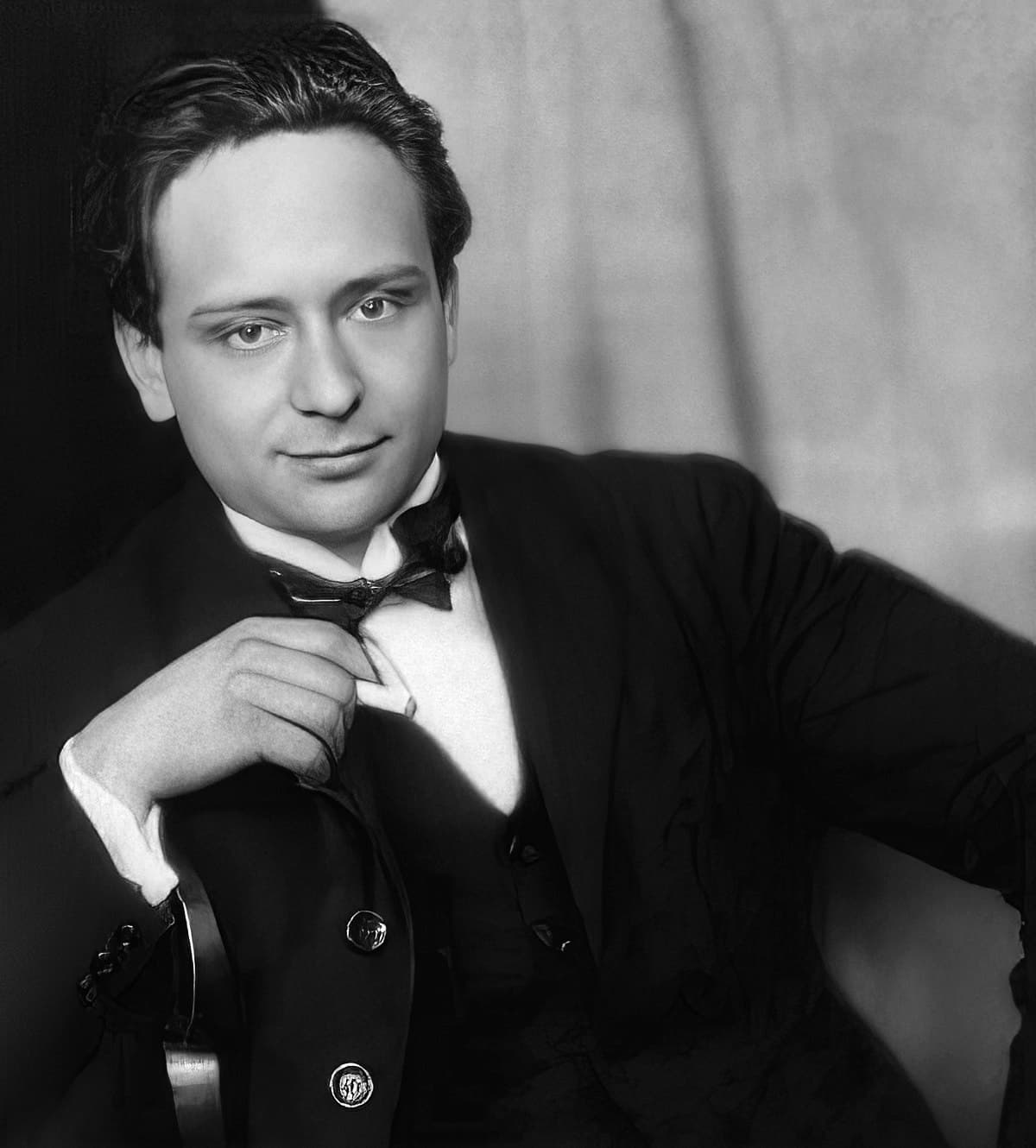
Viktor Ullmann
Viktor Ullmann was born in 1898 in Teschen in the present-day Czech Republic. He studied in Vienna with Schoenberg and in Prague with Zemlinsky, and was clearly a very promising student.
In the 1920s he worked as an opera conductor, but he was let go from at least one post for insisting on programming challenging newer works by composer Richard Strauss and others.
In the early 1930s, he found himself in Stuttgart, Germany, pursuing a passion for anthroposophy, a kind of spiritualism, and working as a bookseller. But by 1933 he was forced to flee the Nazis and return home to Prague, where he worked as a music writer and educator, and also continued composing.
On 8 September 1942, he was sent to Theresienstadt concentration camp. Theresienstadt was not a death camp; rather, it was used as a kind of waypoint during the process of deportation. Eventually, it became a setting for propaganda attempting to convince the world that Jewish people were merely being resettled, not systematically slaughtered. The camp became home to many cultural figures, including musicians.
Ullmannn was incredibly prolific during his imprisonment, writing many pieces of music. “By no means did we sit weeping on the banks of the waters of Babylon. Our endeavor with respect to arts was commensurate with our will to live,” he wrote.
In June 1944, the Red Cross made a famous visit to Theresienstadt, but the Nazis had prepared and whitewashed the site. After the visit was over, deportations to extermination camps resumed. It was during one of those deportations that Ullman was sent to Auschwitz, where he died in October 1944.
Viktor Ullmann: 3 Yiddish Folk Songs arr. for violin and piano [Kurganov/Finehouse Duo, live]
Pavel Haas
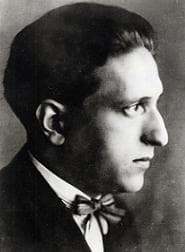
Pavel Haas
One of Ullmann’s musical associates from Theresienstadt was Pavel Haas.
Pavel Haas was born in Brno in the present-day Czech Republic in 1898. He studied at the Brno Conservatory from 1919 to 1921, and then spent two years being a kind of musical apprentice to the elderly Leoš Janáček.
He wrote all kinds of works in a variety of genres: everything from operas and symphonic music to lieder.
In the late 1930s, understanding the deteriorating political situation, he divorced his wife in the hopes it would save her and their daughter. In 1938 he tried desperately to escape Europe, writing to his wife’s American relatives, but it was no use. An exit plan could not be arranged in time, and he was deported to the Theresienstadt camp in 1941.
Despite severe depression, he wrote a variety of music while imprisoned, some of which have been reconstructed.
During the time of the Red Cross visit, a propaganda film was made at Theresienstadt in 1944, in which Haas can be seen. After it was filmed, Haas was deported to Auschwitz, where he died in the gas chamber.
Pavel Haas: Sinfonia (1940/1941)
Erwin Schulhoff
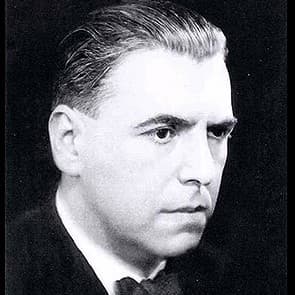
Erwin Schulhoff
Erwin Schulhoff was born in Prague in 1894. He showed musical talent from an early age, and his work was praised by no less than Antonín Dvořák. He began studying piano and composition at the Prague Conservatory in 1904, when he was only ten years old.
He studied in several great European cities, including Vienna and Leipzig, and under some of the best composers of the era, including Debussy and Reger.
After serving in WWI and surviving the horrors of the trenches, he moved back home to Prague and joined the staff of the Prague Conservatory.
Schulhoff loved embracing new influences. He loved American jazz and the cacophony of Dadaism. However, that counted against him when the Nazis came to power. Between his musical interests, his ancestry, and his radical politics, his music was labeled degenerate, and he had difficulty finding work.
He attempted to flee to the Soviet Union in 1941, but he was arrested before he could leave. He was imprisoned in the Wülzburg prison in Bavaria, where he died in 1942 of tuberculosis.
Erwin Schulhoff: Hot-Sonate
László Weiner
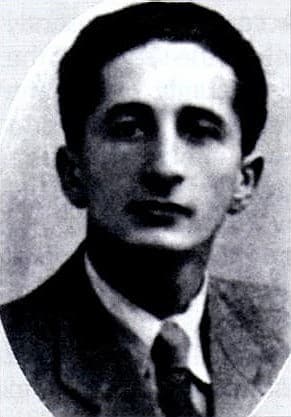
László Weiner
László Weiner was born in 1916 in Szombathely, Hungary. He studied piano and conducting at the Budapest Conservatory, and he studied composition under Zoltán Kodály, who thought highly of him. His studies with Kodály lasted from 1934 to 1940.
He was married in 1942, then within months deported to the Lukov forced labor camp. Kodály desperately tried to intervene to save his prized pupil, but it was no use. Weiner was killed in the camp in July 1944. He was only 28 years old.
László Weiner (Arr. Martin Wettstein): Concerto – tacchi alti, resonart camerata
Marcel Tyberg
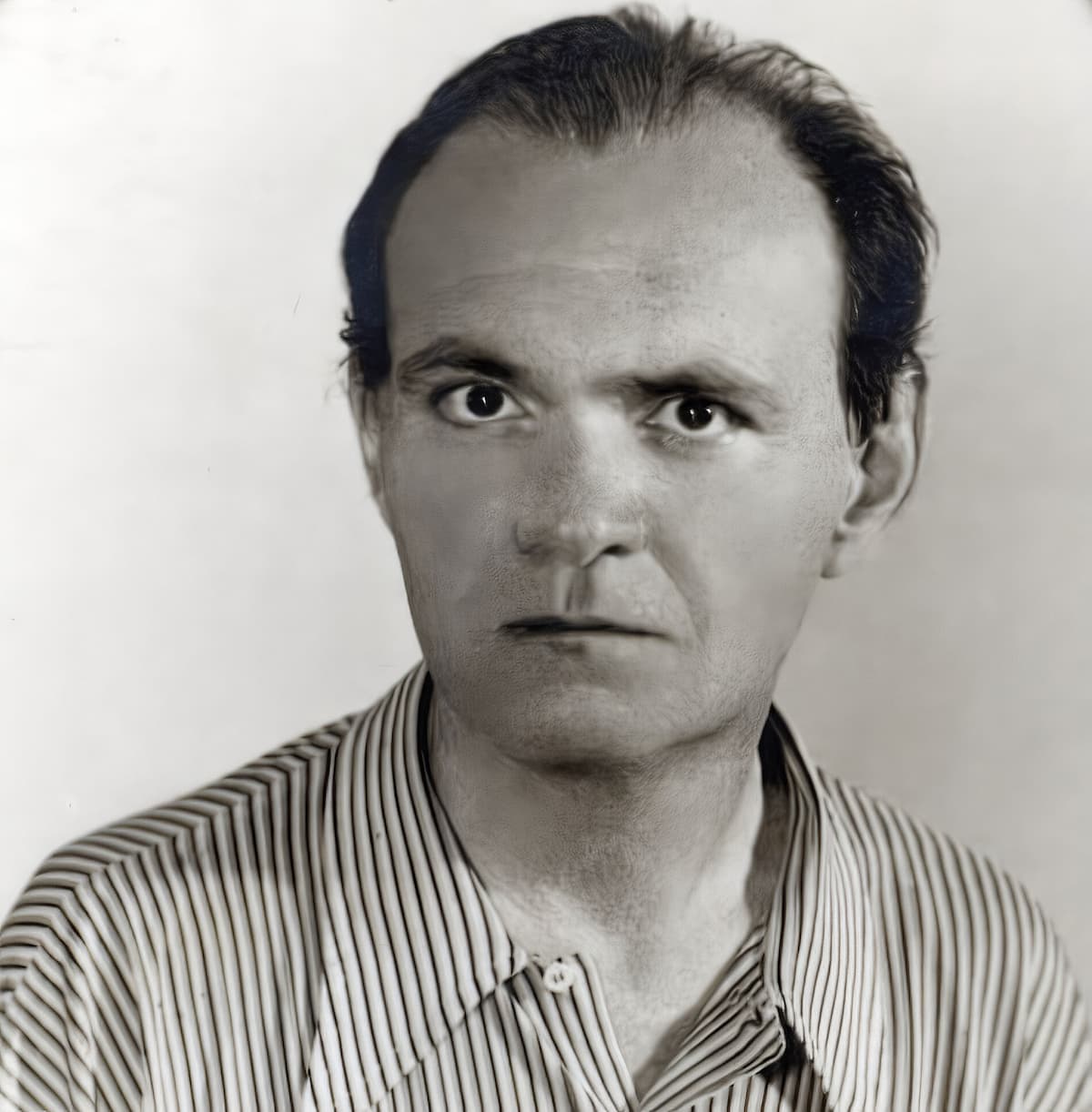
Marcel Tyberg
Marcel Tyberg was born in 1893 in Vienna to a musical family; his father was a violinist and his mother was a well-known piano teacher. Their friends included the famous Kubelík family.
Although we don’t know exactly where or when he learned how to play keyboard instruments and write music. In 1927, after his father died, he moved with his mother to present-day Croatia, where he worked as a musical jack-of-all-trades. A big professional break came in the early 1930s, when his old friend, conductor Rafael Kubelík, premiered his second symphony with the Czech Philharmonic.
In 1943, when Nazi forces invaded Italy, his mother registered with local Nazi recordkeepers that one of her great-grandfathers had been Jewish. She died soon afterward, and Tyberg was sent to Auschwitz. He died there in late December 1944.
But before his murder, Tyberg had entrusted his scores to a friend named Dr. Milan Mihich, who saved them…giving us listeners the chance to appreciate his music and honor his legacy.
For more of the best in classical music, sign up to our E-Newsletter
Marcel Tyberg: Symphony No. 3 in D minor (1943)

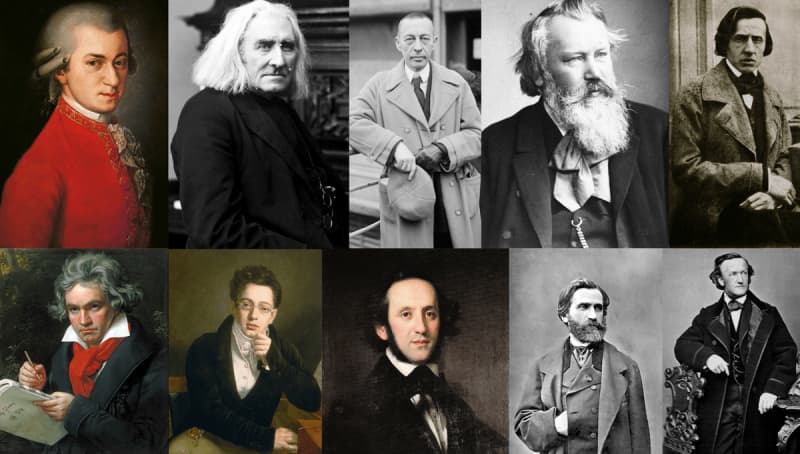
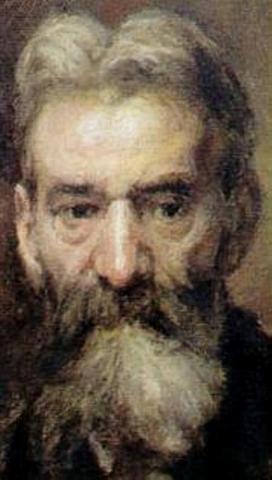
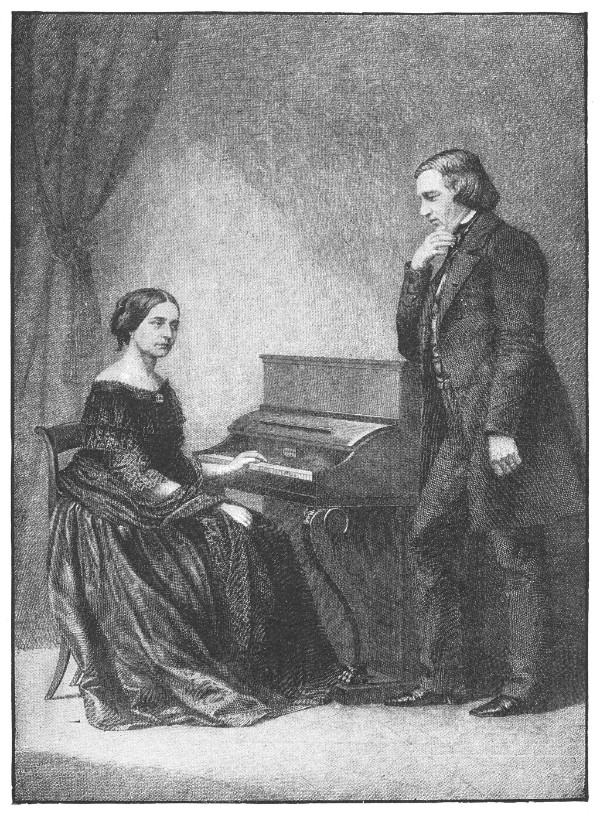
Now to those composers who saved their lives because they decided to emigrate from Europe, AND were welcomed at their destinations. Korngold, Wellesz, Toch, Gal, Tansman, Castelnuovo-Tedesco…it’s a long list.
Of course, everyone was Jewish
you omitted Adalbert Delmar, Edwin Ernst Geist to name just 2. I have a rare postcard of Adalbert Delmar, would you like a copy?